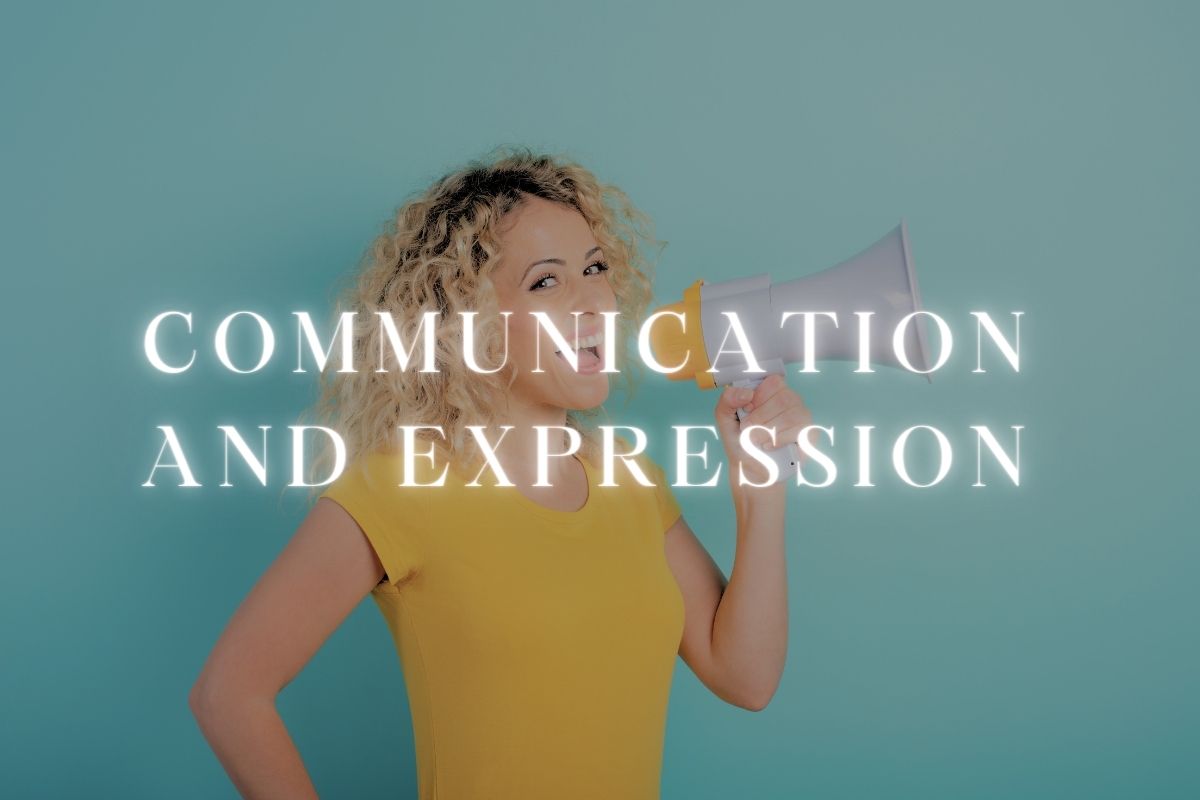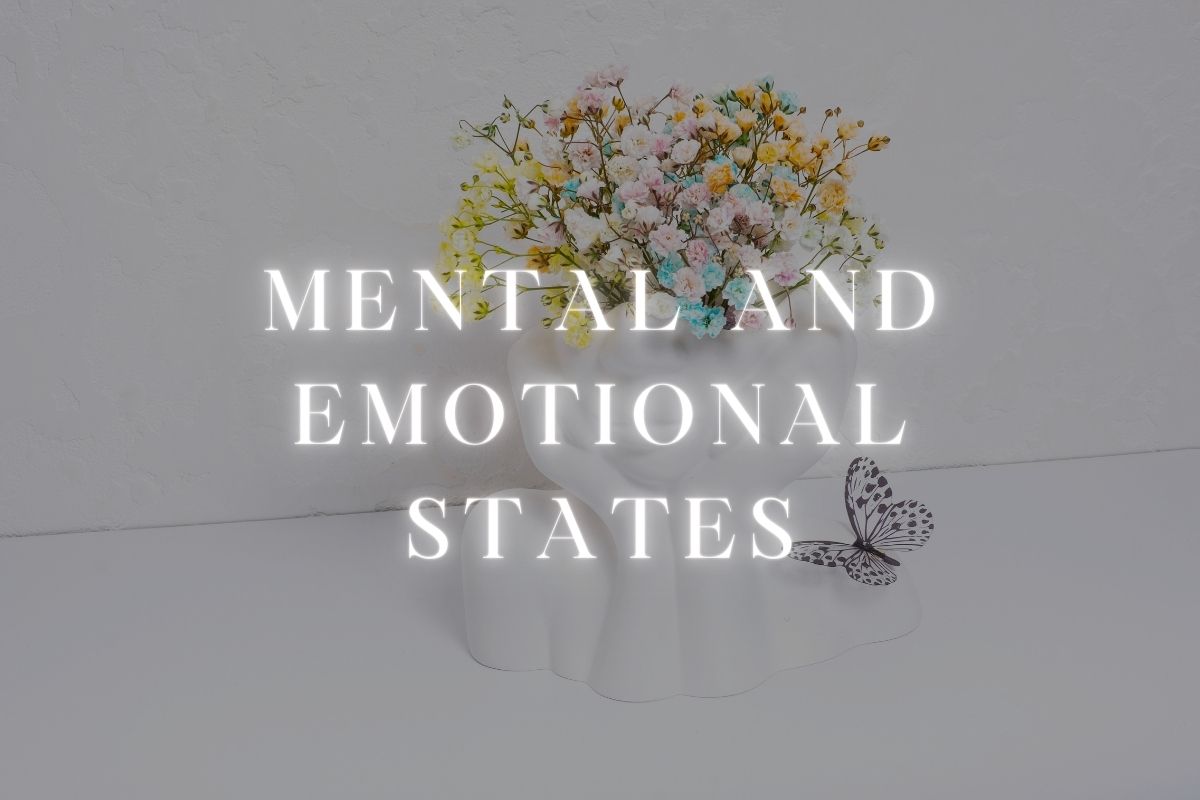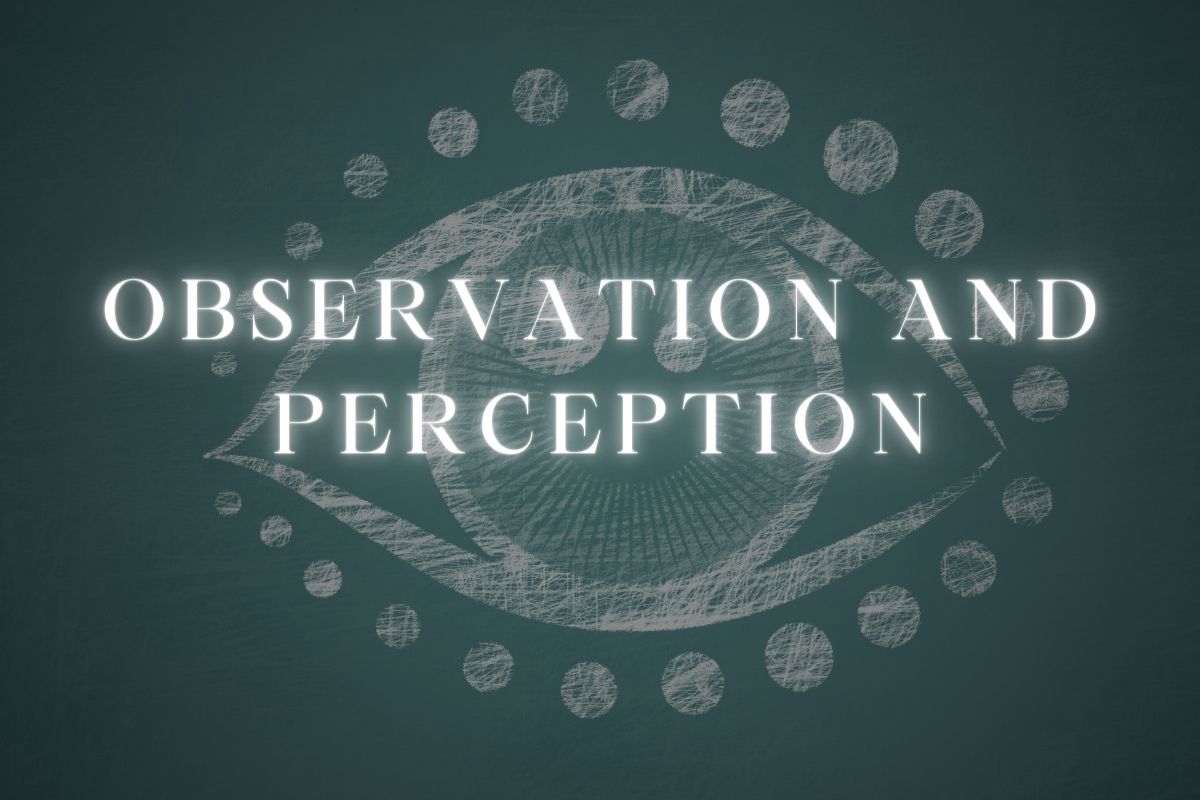To begin with a direct answer to the title, the top 100 commonly used verbs that start with the letter “I” are essential components of the English language that facilitate clear communication and expression.
Verbs are action words that convey what the subject is doing, and having a solid understanding of these verbs can greatly enhance both your written and spoken English.
![a infographic for Top 100 Commonly Used Verbs That Start With I [2025]](https://phoenixenglishlang.com/wp-content/uploads/2024/06/unnamed-3-1.png)
Important Points:
- Significance of Verbs: Verbs are one of the foundational parts of speech in English. They indicate actions, occurrences, or states of being. Knowing commonly used verbs can help improve fluency and provide a more vivid description of actions.
- Diversity of Usage: The verbs starting with “I” cover a variety of contexts, from everyday actions like “improve” and “introduce” to more specialized terms such as “interpret” and “inquire.” This diversity allows for expressiveness in both casual conversation and formal writing.
- Examples in Context: Using these verbs in sentences can clarify their meanings and appropriate contexts. For instance:
– “I improve my skills through practice.”
– “Please introduce yourself to the group.”
– “I interpret the results of the experiment.”
- Learning Strategies: When learning new verbs, incorporating them into daily conversations and writing can facilitate better retention. Flashcards, word games, and writing exercises are effective methods for internalizing these verbs.
- Cultural Relevance: Many of these verbs can also carry cultural significance or be commonly encountered in specific phrases or idiomatic expressions, further enhancing their importance in mastering English.
As we explore the topic of “Top 100 Commonly Used Verbs That Start With I [2025],” we will provide a comprehensive list of these verbs and contextual examples to support understanding and usage. This guide will employ modern educational strategies to engage learners effectively, making the acquisition of these verbs both enjoyable and impactful.
—
Verbs play a pivotal role in the English language, acting as the driving force behind our ability to express activities, emotions, and thoughts.
Among them, the verbs beginning with “I” often present unique opportunities for expression and exploration.
These verbs can be both commonplace and specialized, enriching our communication and understanding of actions.
By focusing on the top 100 commonly used verbs starting with “I,” we can break down the intricacies of each verb, offering definitions, examples, and usage tips.
This approach adheres to the principles of the 2025 Method, which emphasizes interactive and practical learning experiences.
Through engaging discussions, exercises, and real-world applications, learners can elevate their command of these verbs, ensuring they can apply them confidently in both conversation and composition.
At the heart of our exploration lies the recognition that language is not static but a living tool that evolves with use.
Verbs like “imagine,” “investigate,” and “inspire” not only enhance our vocabulary but also enable us to navigate complex ideas and emotions effectively.
For instance, saying “I imagine a brighter future” allows for a deeper expression than merely stating that something will happen.
As we journey through the list of commonly used verbs that start with “I,” we aim to equip learners with the language tools necessary for everyday communication and academic success.
Each entry will be accompanied by examples and contextual clues, fostering a comprehensive understanding of how these verbs function in various forms of discourse.
This guidance will aid in weaving these important action words into learners’ vocabularies, empowering them to speak and write with greater clarity and confidence in English.
You might also enjoy: Top 100 Commonly Used Verbs That Start With M [2024]
Movement and Physical Actions

Movement and physical activity are essential parts of our daily life. These verbs are necessary for describing different sorts of movement and interactions with objects. Let’s look at verbs that describe these bodily activities.
- Irrigate: I often think about how crucial it is to irrigate crops, supplying them with the necessary water to grow and thrive. This verb is vital in agricultural contexts and ensures the nourishment of plants.
- Imitate: As a child, I loved to imitate my favorite cartoon characters, copying their actions and voices. This verb captures the essence of replication and mimicry.
- Ignite: When I light a campfire, I ignite the wood, setting it ablaze. This verb is all about starting fires and initiating combustion.
- Insert: Every time I insert a key into a lock, I perform a simple yet significant action. This verb describes placing something into something else.
- Immerse: I love to immerse myself in a good book, losing track of time and surroundings. This verb also applies to submerging objects in liquids.
- Imbibe: On hot summer days, I like to imbibe a refreshing drink. This verb means to drink or absorb liquids.
- Incline: When I incline my head to listen more intently, I’m physically leaning or sloping. This verb also applies to showing a tendency or preference.
- Inflate: Watching a balloon inflate as air fills it is a fascinating process. This verb describes the action of filling something with air or gas. ⛽️
- Inspect: Before buying a new gadget, I always inspect it carefully, examining its features and quality. This verb is about close examination.
- Induce: When I listen to soothing music, it can induce a state of relaxation. This verb means to bring about or stimulate an action or feeling.
Communication and Expression

Communication is at the core of human relationship. These verbs focus on transmitting information, thoughts, and sentiments, which is necessary for efficient verbal and nonverbal communication.
- Inform: I feel a sense of responsibility when I inform someone about important news. This verb involves giving information or facts. ☎️
- Instruct: As a mentor, I often instruct my mentees, guiding them through complex tasks. This verb is about teaching or directing someone.
- Introduce: Introducing a friend to a new group can sometimes be nerve-wracking but also rewarding. This verb captures the act of presenting one person to another.
- Interpret: When listening to foreign films, I often interpret the dialogue to understand the storyline. This verb is about explaining the meaning of something.
- Inquire: My curiosity often leads me to inquire about new topics, asking questions to gain more information. This verb is essential for seeking knowledge.
- Insinuate: Sometimes, people insinuate things indirectly rather than stating them outright. This verb means to suggest or hint subtly.
- Invite: Hosting a party involves inviting friends and family to join the celebration. This verb is about asking someone to attend or participate.
- Implore: When I implore someone for help, I am earnestly begging or pleading. This verb conveys a deep sense of urgency.
- Intervene: In disputes, it’s often necessary to intervene to mediate and resolve conflicts. This verb means to come between disputing parties.
- Insist: I might insist on my point of view during a debate, demanding that others consider it. This verb is about forcefully expressing a demand or assertion.
You might also enjoy: Top 100 Commonly Used Verbs That Start With D [2024]
Mental and Emotional States

Our thoughts and emotions influence our experiences. These verbs refer to cognitive processes and emotional experiences, explaining how we think, feel, and process internal states.
- Imagine: I love to imagine different scenarios, creating vivid mental images of what could be. This verb is about forming mental images or concepts.
- Infer: From the evidence presented, I can infer certain conclusions. This verb involves deducing information from available facts.
- Inspire: Great art and literature often inspire me, filling me with the urge to create. This verb means to fill someone with the urge to do something creative or beneficial.
- Intend: When I set a goal, I intend to achieve it through deliberate actions. This verb is about having a plan or purpose in mind.
- Internalize: Over time, I internalize values and behaviors, making them part of my nature. This verb means to make attitudes or behaviors part of one’s own character.
- Identify: I can easily identify different bird species by their calls. This verb is about recognizing or establishing what something is.
- Influence: Role models often influence my decisions and behaviors. This verb means to have an effect on the character, development, or behavior of someone or something.
- Intrigue: Mysteries intrigue me, arousing my curiosity and interest. This verb is about capturing someone’s curiosity.
- Invest: When I invest time and effort into a project, I expect it to yield positive results. This verb means to allocate resources with the expectation of a future benefit.
- Invalidate: New evidence can invalidate previous theories, proving them to be incorrect. This verb means to make an argument or theory unsound or erroneous.
Control and Management

Directing, handling, and arranging are important in many parts of life. These verbs explain actions that involve control and management, expressing how we manage resources and make decisions.
- Implement: I find satisfaction in seeing a plan come to fruition when I implement it successfully. This verb means to put into action or use.
- Initiate: I like to initiate new projects, setting the stage for future development. This verb means to begin or start something.
- Incorporate: Incorporating new techniques into my work can enhance its quality. This verb means to include something as part of a whole.
- Influence: As a leader, I strive to influence my team positively. This verb is about affecting or changing someone or something.
- Inventory: Keeping an accurate inventory of supplies is crucial for efficient management. This verb means to make a complete list of items.
- Inhibit: Certain regulations can inhibit growth and innovation. This verb means to hinder or prevent an action or process.
- Instigate: Sometimes, it’s necessary to instigate changes to improve systems. This verb means to bring about or initiate an action or event.
- Inspect: Regularly inspecting equipment ensures it functions properly. This verb is about close examination.
- Invest: When I invest resources wisely, it can lead to substantial returns. This verb means to commit resources to gain a return.
- Innovate: I always look for ways to innovate, introducing new methods and ideas. This verb means to introduce something new.
You might also enjoy: Top 100 Commonly Used Verbs That Start With T [2024]
Creation and Transformation

Creating and transforming are essential for progress and development. These verbs emphasize behaviors associated to making, modifying, and forming, describing processes of creation and adaptation.
- Invent: I marvel at the ingenuity required to invent new technologies. This verb means to create or design something that has not existed before.
- Integrate: I strive to integrate diverse perspectives into my work, combining them to form a cohesive whole. This verb means to combine parts to make a whole.
- Inscribe: I love to inscribe personal messages in the books I gift. This verb means to write or carve words on something.
- Illustrate: When explaining complex ideas, I often illustrate them with examples. This verb means to explain or make something clear.
- Inflate: Watching an inflatable mattress expand as air fills it is a simple yet fascinating process. This verb means to fill with air or gas.
- Initiate: Initiating new traditions can bring families closer together. This verb means to start or set something in motion.
- Innovate: In a rapidly changing world, it’s essential to innovate constantly. This verb means to introduce something new.
- Infuse: I like to infuse my tea with fresh herbs, adding flavor and aroma. This verb means to fill or soak with a particular quality or element.
- Ingrain: Good habits should be ingrained from an early age. This verb means to firmly fix an idea or habit.
- Instill: Parents and teachers strive to instill values in children. This verb means to gradually but firmly establish an idea or attitude.
Observation and Perception

Observing and perceiving are essential for knowing our surroundings. These verbs express behaviors such as looking, noticing, and interpreting, which aids in articulating how we process sensory information.
- Investigate: I often investigate new topics, seeking to understand them deeply. This verb means to carry out a systematic or formal inquiry.
- Identify: When I identify a problem, I can work towards solving it. This verb means to recognize or establish what something is.
- Interpret: Interpreting data accurately is crucial in research. This verb is about explaining the meaning of something.
- Inspect: Inspecting documents thoroughly ensures accuracy and completeness. This verb means to examine something carefully.
- Illustrate: I use diagrams to illustrate complex concepts in my presentations. This verb means to make something clear by giving examples.
- Infer: Based on the evidence, I can infer certain conclusions. This verb involves deducing information from evidence and reasoning.
- Indicate: Signs often indicate directions or instructions. This verb means to point out or show something.
- Illuminate: Streetlights illuminate the roads at night, making them safer. This verb means to light up or make something clear.
- Incorporate: Incorporating feedback is essential for improvement. This verb means to include or integrate as part of a whole.
- Imagine: I like to imagine different scenarios and outcomes. This verb means to form a mental image or concept.
You might also enjoy: Top 100 Commonly Used Verbs That Start With C [2024]
Problem Solving and Decision Making

Problem solving and decision-making are important talents in many areas of life. These verbs explain behaviors involved in resolving challenges, making choices, and planning; they express how we approach problems and design solutions.
- Investigate: When faced with a challenge, I investigate all possible solutions. This verb means to examine systematically.
- Identify: Identifying the root cause of a problem is the first step toward solving it. This verb means to recognize or ascertain the origin or nature of something.
- Implement: Once I develop a plan, I implement it to achieve the desired outcome. This verb means to put a decision or plan into effect.
- Innovate: Innovating can lead to breakthrough solutions and improvements. This verb means to make changes by introducing new methods or ideas.
- Infer: I often infer conclusions based on available data. This verb involves deducing or concluding information. ℹ️
- Instigate: Sometimes, it’s necessary to instigate changes to address issues effectively. This verb means to bring about or initiate.
- Incorporate: Incorporating various perspectives can lead to more comprehensive solutions. This verb means to include or contain as part of the whole.
- Integrate: Integrating different approaches can enhance the effectiveness of a solution. This verb means to combine one thing with another.
- Invent: Inventing new tools or methods can solve persistent problems. This verb means to create or design something.
- Investigate: Investigating the causes of a problem thoroughly is essential for effective problem-solving. This verb means to carry out research or study into something.
Miscellaneous Actions

Some verbs do not fit well into the other categories yet are still widely employed in a variety of settings. They depict a variety of behaviors required for daily tasks and relationships.
- Influence: Role models often influence my decisions and actions. This verb means to have an effect on something.
- Initiate: I like to initiate new projects, setting the stage for future endeavors. This verb means to cause something to begin.
- Impart: Sharing knowledge with others allows me to impart valuable information. This verb means to make information known.
- Imbue: Inspiring stories imbue me with a sense of hope and motivation. This verb means to inspire or permeate with a feeling.
- Imprint: Significant experiences often imprint themselves on my memory. This verb means to fix an idea firmly in someone’s mind.
- Intertwine: Different themes can intertwine in a complex narrative. This verb means to twist or twine together.
- Interject: Sometimes, I interject comments during a discussion to add my perspective. This verb means to say something abruptly.
- Involve: I enjoy projects that involve collaboration with others. This verb means to include or engage.
- Interlace: Different plot lines interlace in a well-written novel. This verb means to weave together.
- Inscribe: I like to inscribe personal messages in books I give as gifts. This verb means to write or carve words onto something.
Cultural and Social Actions ️

Cultural and social activities are fundamental to community life and customs. These verbs represent actions related to cultural practices, social relationships, and community activities.
- Interact: I enjoy interacting with diverse groups of people, learning from their experiences. This verb means to communicate or engage with others.
- Integrate: Integrating new members into a community fosters inclusion. This verb means to combine parts into a whole.
- Intervene: Sometimes, it’s necessary to intervene in conflicts to mediate and resolve them. This verb means to come between to prevent or alter a result.
- Invite: I love to invite friends over for dinner, sharing meals and stories. This verb means to ask someone to join or attend.
- Inquire: I often inquire about people’s backgrounds to understand their perspectives. This verb signifies to inquire for information.
- Include: I strive to include everyone in group activities to ensure no one feels left out. This verb means to make someone or something part of a group.
- Incorporate: Incorporating cultural traditions into celebrations adds richness and diversity. This verb means to include or blend into a whole.
- Impress: Acts of kindness always impress me, leaving a lasting impact. This verb means to make someone feel admiration.
- Instill: Parents and educators aim to instill values in children, shaping their character. This verb means to gradually impart knowledge or values.
- Introduce: Introducing new customs can enrich cultural traditions. This verb means to bring a new person into a social context.
You might also enjoy: Top 100 Commonly Used Verbs That Start With B [2024]
Economic and Business Actions

Economic and business acts are critical to trade, commerce, and financial transactions. These verbs define tasks related to company operations and economic strategy, which are critical for defining how we conduct business.
- Invest: I carefully invest my savings in various financial instruments to grow my wealth. This verb means to allocate resources for future gain.
- Invoice: As a freelancer, I invoice clients for my services, ensuring timely payment. This verb means to send a bill for goods or services.
- Insure: It’s prudent to insure valuable assets against potential risks. This verb means to arrange for compensation in case of damage or loss.
- Incorporate: Forming a legal corporation allows businesses to operate more efficiently. This verb means to form a legal corporation.
- Inventory: Managing inventory effectively ensures that businesses run smoothly. This verb means to make a list of goods or assets.
- Import: Importing goods from other countries can expand market offerings. This verb means to bring goods or services into a country. ⛴️
- Interest: Banks often charge interest on loans, making borrowing more expensive over time. This verb means to charge or pay for the use of money.
- Incur: Expenses incurred during a project should be carefully documented. This verb means to become liable or subject to.
- Incentivize: Companies incentivize employees through bonuses and rewards to boost productivity. This verb means to provide motivation through rewards.
- Intend: In business, I intend to achieve long-term growth through strategic planning. This verb means to have a plan or purpose in mind.
Conclusion
Verbs beginning with the letter “I” are integral to the English language, covering a wide range of actions, from physical movements to complex mental processes and intricate social interactions.
This comprehensive guide of 100 commonly used “I” verbs showcases their versatility and importance in various contexts.
By incorporating these verbs into our communication, we can enhance our ability to express ourselves clearly and effectively, whether we are discussing simple daily activities or engaging in more specialized and technical conversations.
Embracing the depth and breadth of these “I” verbs allows for a more nuanced and dynamic use of the English language, enriching our personal and professional interactions.

Hi, welcome to my blog! My name is Omid and I am thrilled to have you here! I am an English language teacher with 12 years of experience and hold multiple international certifications (TESOL, IELTS, TOEFL, PTE, CELTA). Additionally, I hold a PhD in Applied Linguistics with a specialization in Teaching English as a Second Language (TESL), which fuels my passion for teaching English and assisting others in mastering the language. To me, nothing is more rewarding than helping individuals enhance their English language abilities through various methods. So, let’s embark on this journey of learning English together.




